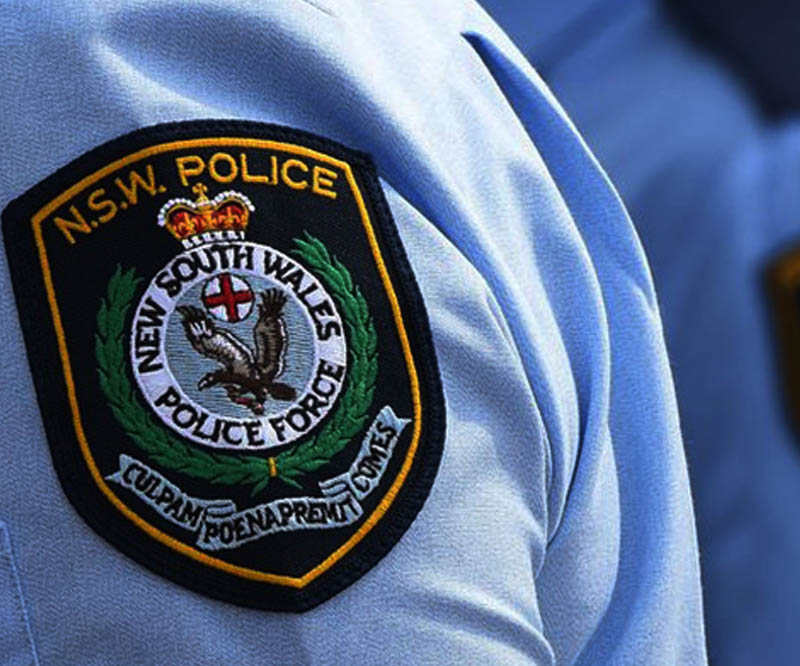Understanding and Managing PTSD
At Liberated Psychology, we specialise in providing tailored support for first responders. If you’re a police officer, firefighter, paramedic, or work in any emergency services, you know that the demands of your job are unlike any other. Every day, you face situations that most people never encounter. Over time, the cumulative stress of these experiences can lead to post-traumatic stress disorder (PTSD), a condition that can greatly impact your wellbeing and quality of life.
Why First Responders Experience PTSD
Working in emergency services exposes you to highly stressful and traumatic events. Whether it’s attending to severe accidents, handling violent situations, or dealing with the aftermath of disasters, these experiences can become deeply ingrained, even when you don’t think they are, leading to PTSD. It’s not just about the intense situations you encounter, but also the pressure to remain composed and the responsibility of making critical decisions quickly for other people.
How Emergency Service Work Affects You
The nature of emergency services work can lead to a range of emotional and physical responses. Initially, you might find yourself able to handle everything that comes your way. However, over time, the constant exposure to high-stress situations can lead to:
- Chronic fatigue
- Irritability or mood swings
- Sleep disturbances
- Heightened vigilance or anxiety in situations that remind you of past traumas
- Distrust: You might find yourself thinking, “I can’t trust anyone,” or feeling that people are generally untrustworthy.
- Exposure to frequent negative incidents may lead you to think, “People are awful,” or “The world is full of bad people.”
- Guilt and Responsibility: It’s common to feel overly responsible for outcomes, like, “I should have done more”.
Normal vs. Concerning Symptoms
It’s normal to feel drained or shaken after a particularly tough day, but when symptoms persist or start to interfere with your ability to function day-to-day, it may be a sign that these experiences are taking a toll. Warning signs that suggest the need for professional support include:
- Persistent sadness or depression – you may feel like you are just ‘going through the motions’.
- Disconnection from friends, family, and activities you once enjoyed. You may notice that your days off you don’t start using them like you used too, or that you experience increased anxiety in the lead up to returning back onto a block of shifts.
- Increased use of alcohol or other substances as a coping mechanism
- Intrusive thoughts or flashbacks that disrupt your daily life
- Nightmares or dreams that are unpleasant.
Understanding when to seek help is crucial. Recognising that these feelings are common among first responders can help reduce the stigma associated with reaching out for support.
How Therapy Helps You Get Unstuck
Feeling stuck is a common experience for those living with PTSD. Therapy provides a space to process traumatic events in a safe and supportive environment, helping you to:
- Understand and normalise your reactions to trauma
- Re-frame your experiences and regain control over your thoughts and emotions
- Break the cycle of chronic stress and start rebuilding a fulfilling life
If you’re feeling the impact of your role and think you might need support, we’re here to help.

